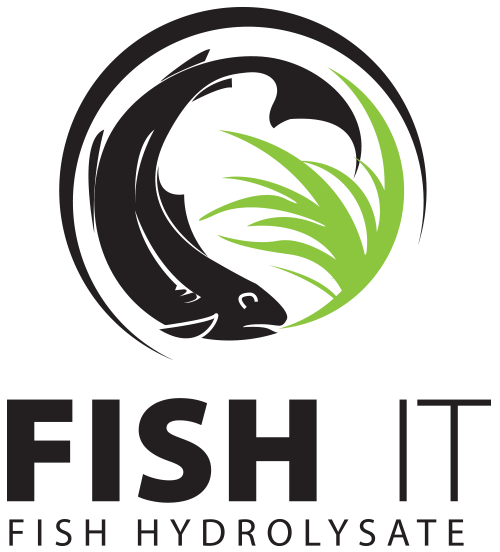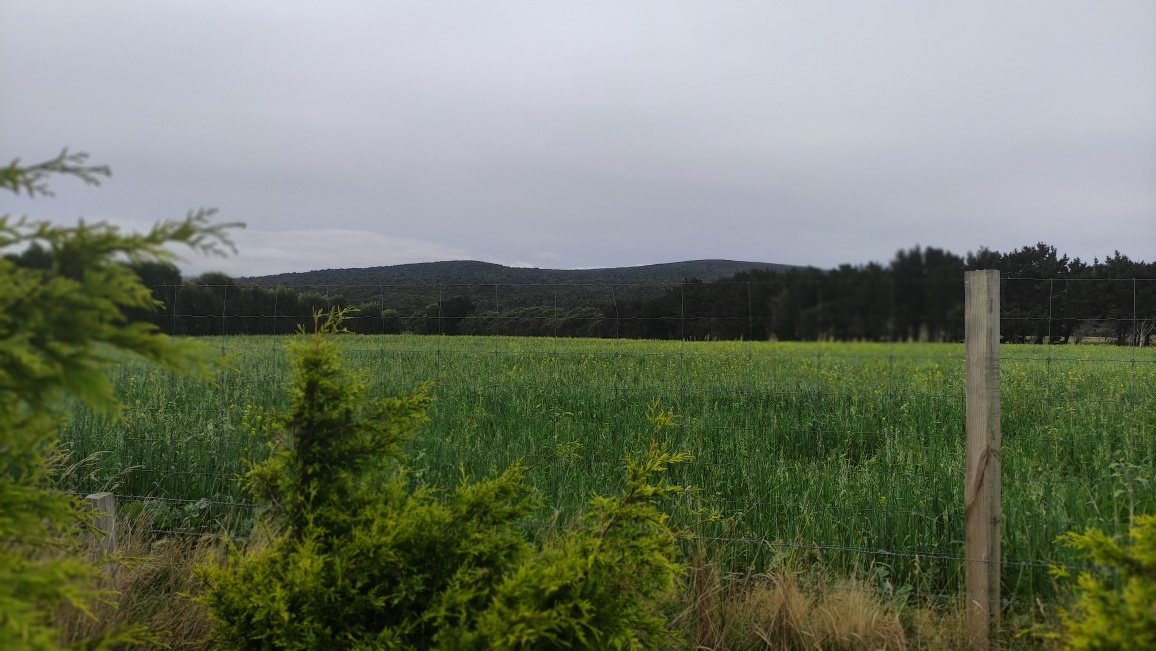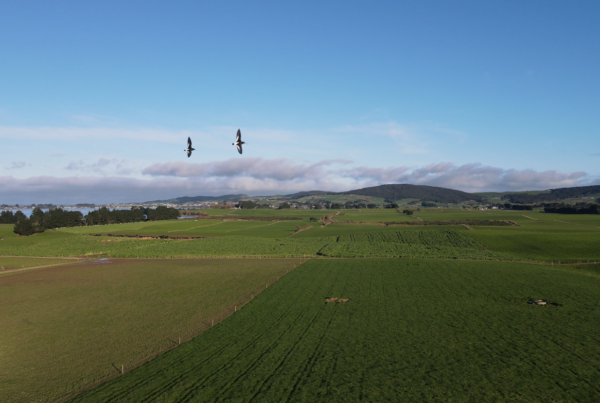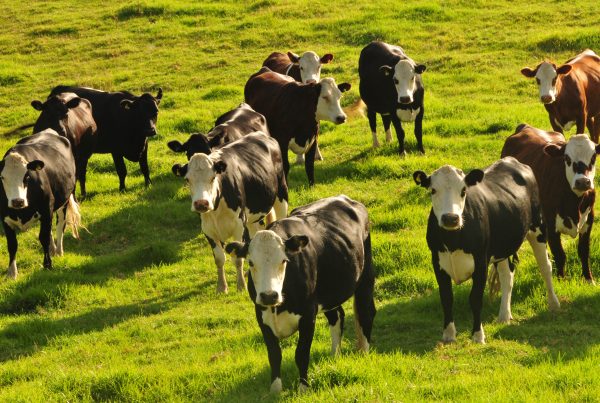Cam and Kayleigh McKay. Round Hill, Southland.
200 Ha – 125 Ha effective. Dry stock farmers
Cam and Kayleigh have come into farming via a traditional path – Cam worked in dairy farming for 10 years and met Kayleigh, who originates from England, on the job. “We were in neighbouring accommodation, we met and started dating on the same day and have been pretty much inseparable ever since!” They now have a gorgeous 4-month-old baby, Arthur and have been farming together on their drystock property near Riverton in Southland for a year.
The property has a rich history, having once been the site of a goldmine. Subsequently it was used for goldmining tours and hosted a small museum put together by Cam’s grandfather. The farm is built on predominantly gold mining tailings and swamp land, and it was pretty run down when Cam and Kayleigh came onto it last year.
“We prioritised stock water first up and then got into some fencing and pasture renewal. We’ve been pretty aggressive in our developments. Cashflow is key so we’ve taken on grazed animals on a monthly payment basis to help with that.” The property is currently running 170 R2 dairy replacements, 100 R1 dairy replacements and 100 Wagyu x cattle for First Light.
As it was a bare bones block with low natural fertility and very limited historical fertiliser inputs, Cam and Kayleigh’s approach was to view it with a totally open mind. Kayleigh led the charge, investigating different approaches and looking at what was happening both here and overseas with innovative farming practices. Particularly interesting was the rapid advancements in biological farming. Eventually, Cam got on board too and was impressed with what Kayleigh had found.
”We just wanted to grow a lot of feed without negatively impacting the environment.
Cam McKay
Cam and Kayleigh’s continuing online research threw up fish hydrolysate as a recurring theme in the success stories from farmers in the States and Australia who were using progressive, balanced farming practices and they became intrigued. Focusing on strengthening soil health utilising a more biological approach could deliver the sustainable results in plant, pasture and animal health that they were after. A quick search in New Zealand resulted in Cam contacting Fish IT who turned out to be 30mins up the road from their Round Hill property.
“I’m keen to farm by observation”, says Cam. So, while he is definitely interested in and embracing regenerative farming, he doesn’t see their farming practices being necessarily limited to just that. “We want to build our soil health and are basically looking at and trying different things to see what works”.
Hamish McCallum, from Fish IT, took Cam and Kayleigh to visit some farming clients, including large scale dairy farmers who are utilising Fish IT to successfully grow high quality and quantity of feed with much lower traditional inputs.
“We were totally blown away. Meeting like-minded people who were having great results doing what we were thinking about doing just gave us the confidence to take a leap.”
Since then, Cam and Kayleigh feel like their mindset has really changed. A holistic management approach means everything feels much more organised. “Our paddocks are all set up, we know what we are doing each day, and everything has a purpose. Our need to use sprays has gone down and we are figuring out what works”.
The McKay’s have re-pastured 1/3 of the farm so far and have trialled seed mixes recommended by Pastoral Improvements. The multi species “Reboot” which has gone in over 12 hectares has been phenomenal.
“We didn’t spray out, just ploughed and direct drilled and have since applied 30 litres per hectare of Fish IT”. The results have been outstanding. “We are at day 62 and have estimated we have grown 6 tonnes per hectare. It’s just going crazy!”.
“We hope to apply Fish IT over as much of the property as possible, probably 3 applications per year. This should increase the microbial activity in the soil to the levels we need.” “Basically, we want to create an oasis!” laughs Cam.
By focusing on the wealth beneath their feet it seems like they are well on their way to turning this historical property into a new goldmine. We’re already looking forward to checking in with Cam and Kayleigh to see how they are getting along later in the year.
”We are at day 62 and have estimated we have grown 6 tonnes per hectare. It's just going crazy!
The soil under the crop is loamy and pliable and retaining good moisture content. “It’s just amazing to see the healthiness of all the tucker – it’s just so thick!”.
Cam and Kayleigh have also applied Fish IT to about 30 hectares of their existing pasture – most of which is relatively new grass (3-4 years old) and have been really impressed with the results compared to the non-applied paddocks.
“I would say it has completely turned around” says Cam, “it didn’t go to seed as early, the clover came through faster and it’s a healthy dark green colour”. They got two extra grazings out of the paddocks over the season and say that the animals utilised the pasture better leaving an even residual post grazing. “The animals loved it too and shined up quicker than the other mob”.
It’s fair to say the McKay’s are pretty excited about the future on their block. “We want to keep working with Hamish (from Fish IT). We’ve just connected, and he’s really become someone we can lean on”. They have dug some holes and been impressed with the mycelium visible in the soil and the improvement in the soil structure. They plan to continue to pursue farm development and soil health using Fish IT and the multi species approach.




